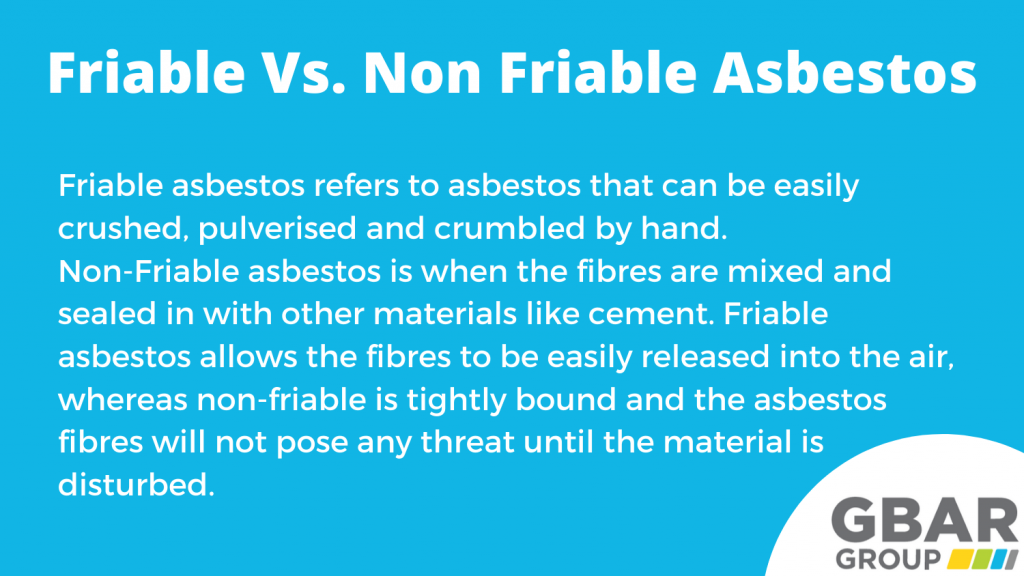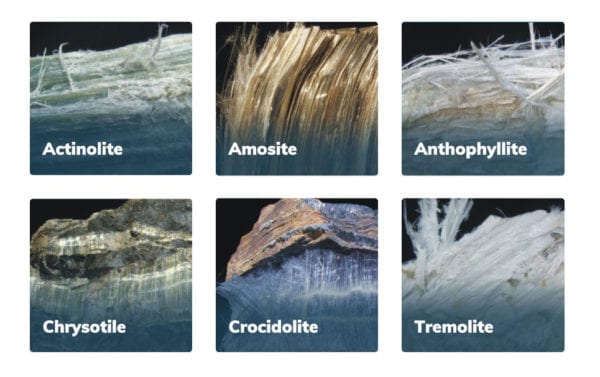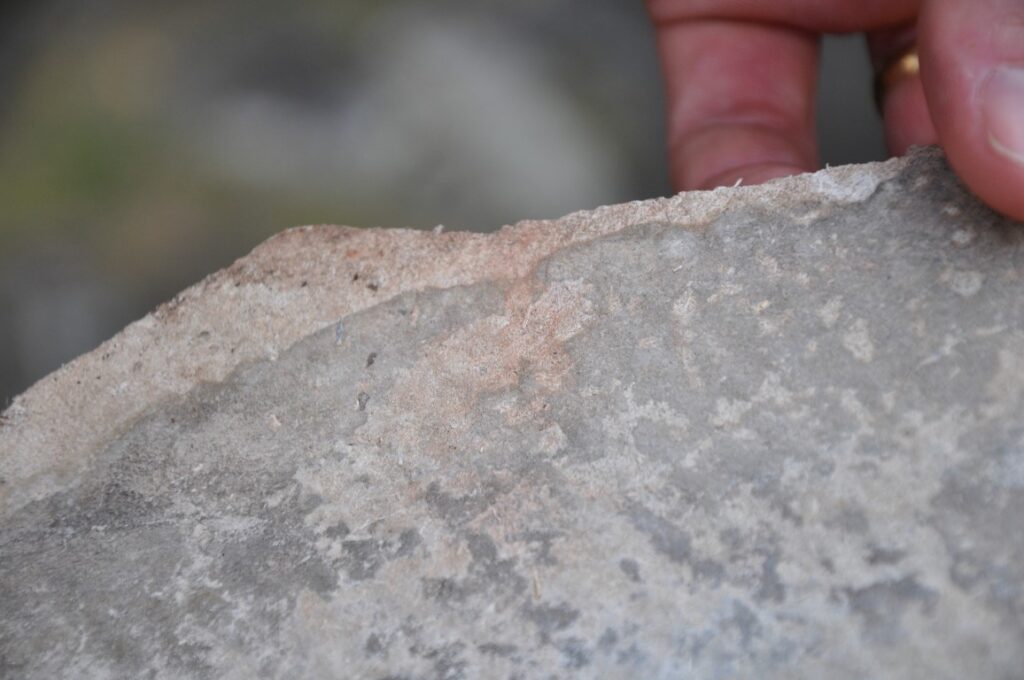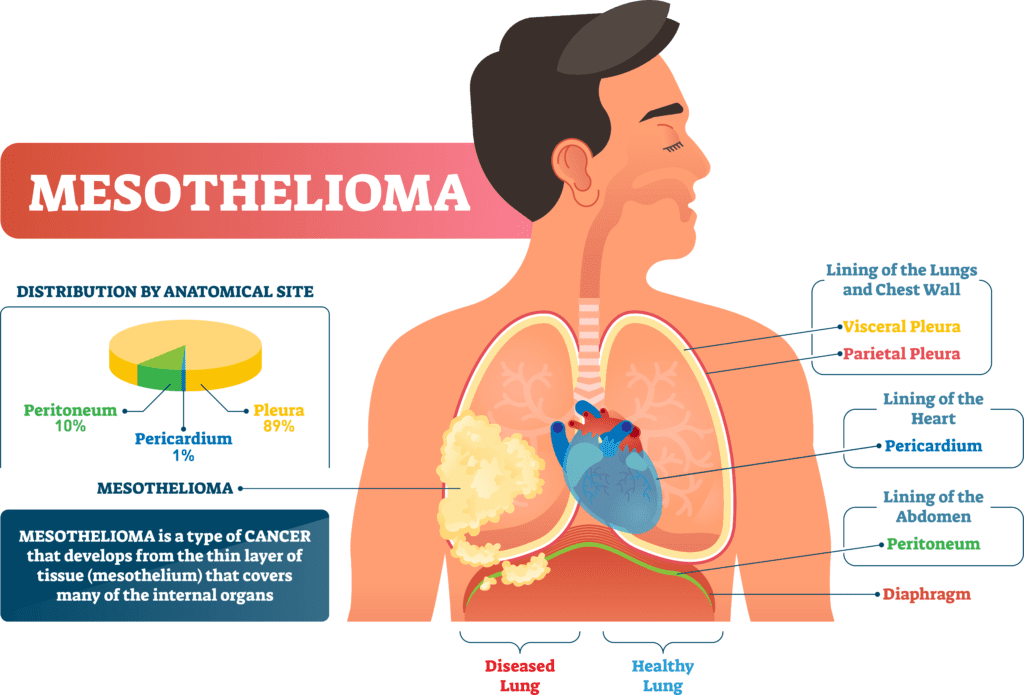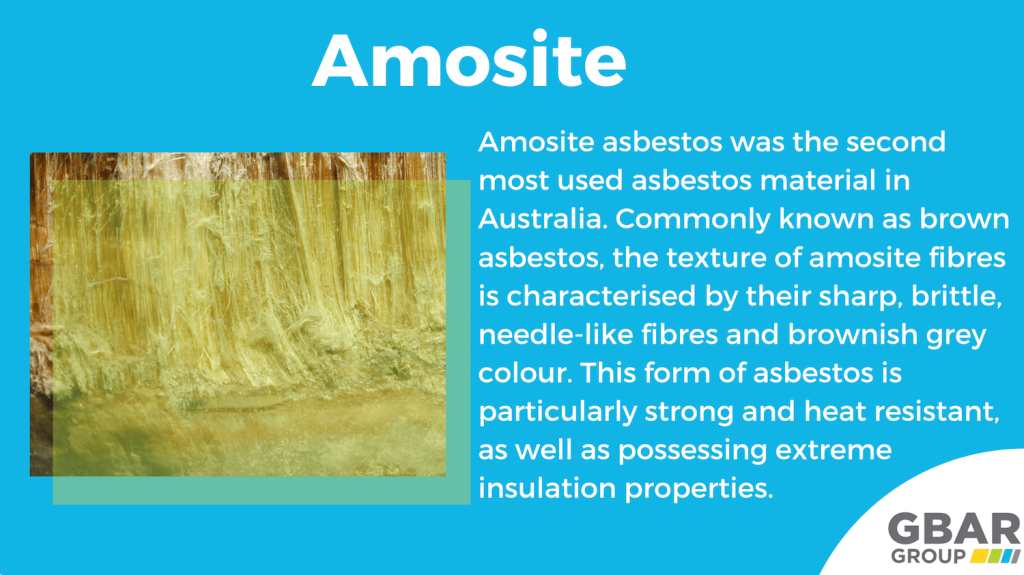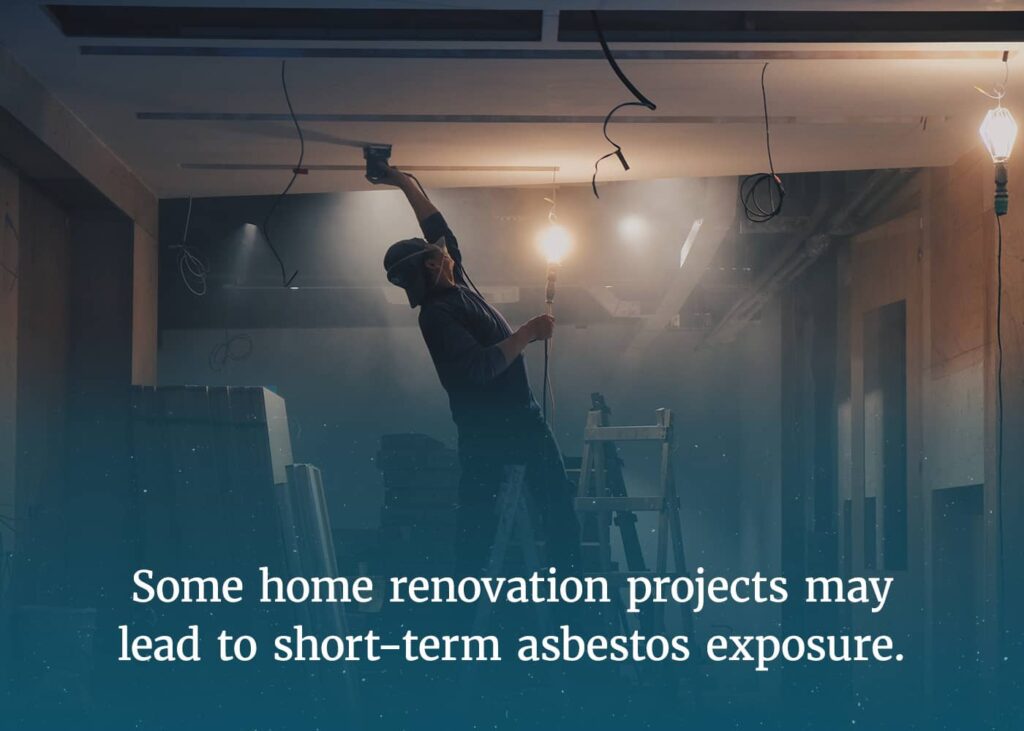Selling a house in New York comes with its fair share of legal obligations, and one of the key questions that arises is whether you have to disclose the presence of asbestos. Asbestos, a hazardous material that was commonly used in construction, can pose serious health risks if not handled properly. In this article, we will explore the regulations surrounding asbestos disclosure when selling a house in New York, ensuring that you have all the necessary information to navigate this aspect of the selling process smoothly. When it comes to selling a house in New York, there are certain legal obligations that homeowners must fulfill, one of which is disclosing the presence of asbestos. Asbestos is a hazardous material that was widely used in building materials until the 1970s when its dangers became widely known. To protect potential buyers from exposure to this harmful substance, New York has implemented strict laws regarding asbestos disclosure. In this comprehensive article, we will delve into the details of asbestos laws in New York, the process of determining asbestos presence, the responsibilities of sellers and buyers, and the importance of transparency in real estate transactions.


Disclosing Asbestos in New York
Understanding Asbestos Laws
Asbestos laws in New York are in place to ensure the safety and well-being of individuals purchasing properties. The laws mandate sellers to disclose any known presence of asbestos in residential properties. This means that as a homeowner, you have a legal obligation to provide accurate information about the existence of asbestos-containing materials (ACMs) in your property.
Asbestos Disclosure Requirements in New York
To comply with the asbestos disclosure requirements in New York, sellers must provide detailed information about the presence of asbestos in their properties. This includes disclosing the location, types of materials, and the condition of any ACMs. Failure to disclose this information can result in legal consequences and financial liabilities for the seller.
Liabilities for Failing to Disclose Asbestos
Failing to disclose the presence of asbestos can have serious consequences. Not only can it lead to legal penalties, but it can also result in potential harm to the buyers. If a seller intentionally conceals or misrepresents the presence of asbestos, they can be held liable for any damages or health-related issues that may arise as a result.
Determining the Presence of Asbestos
Asbestos Inspection and Testing
To accurately determine the presence of asbestos in your property, it is crucial to hire a certified asbestos inspector. These professionals are trained in identifying and testing for asbestos. Through thorough inspections and laboratory analysis, they can determine if your property contains any ACMs.
Identifying Common Asbestos-Containing Materials
As a homeowner, it is helpful to know the common materials that may contain asbestos. These include insulation, vinyl floor tiles, roofing materials, and textured coatings such as popcorn ceilings. While not all buildings contain asbestos, it is essential to be aware of potential areas where it may be present.
Hiring a Certified Asbestos Inspector
When it comes to asbestos inspection, it is best to leave it to the experts. Hiring a certified asbestos inspector ensures that the inspection process is conducted accurately and professionally. These inspectors have the knowledge and experience to identify ACMs, assess their condition, and provide you with the necessary information to comply with disclosure requirements.


Preparing for Disclosure
Gathering Asbestos-related Documentation
To prepare for asbestos disclosure, it is crucial to gather any documentation related to asbestos materials in your property. This may include previous inspection reports, records of asbestos removal or remediation, and maintenance history. Having these documents on hand will help you provide accurate information to potential buyers.
Consulting with Real Estate Professionals
When navigating the disclosure process, it is advisable to consult with real estate professionals who are well-versed in asbestos laws and regulations. They can provide guidance on how to meet your obligations as a seller and assist in ensuring a smooth and transparent disclosure process.
Considering Asbestos Remediation
If your property has been found to contain asbestos, you may want to consider remediation options. Asbestos remediation involves the safe removal or encapsulation of ACMs by trained professionals. Addressing asbestos-related issues before listing your property can help alleviate concerns for potential buyers and may contribute positively to the overall value of your property.
Disclosure Process and Forms
Providing Mandatory Disclosures
The New York real estate disclosure laws require sellers to provide specific information about the presence of asbestos to potential buyers. This includes written disclosures and specific statements within the sales contract. Sellers must fully disclose any known or suspected ACMs and their condition to ensure that buyers are fully informed before making purchasing decisions.
Using the Residential Real Property Disclosure Form
The Residential Real Property Disclosure Form (RRP-1) is a vital document in the disclosure process. Sellers are required to complete this form, which prompts them to disclose various information about the property, including whether there is asbestos present. The completeness and accuracy of this form is essential to fulfill your legal obligations and maintain transparency with potential buyers.
Including Asbestos-related Statements in the Sales Contract
In addition to the disclosure form, sellers must include specific asbestos-related statements in the sales contract. These statements acknowledge the presence of asbestos and confirm that the buyer has received the necessary information. It is important to work closely with your real estate professional or attorney to ensure that these statements are included in the contract accurately.
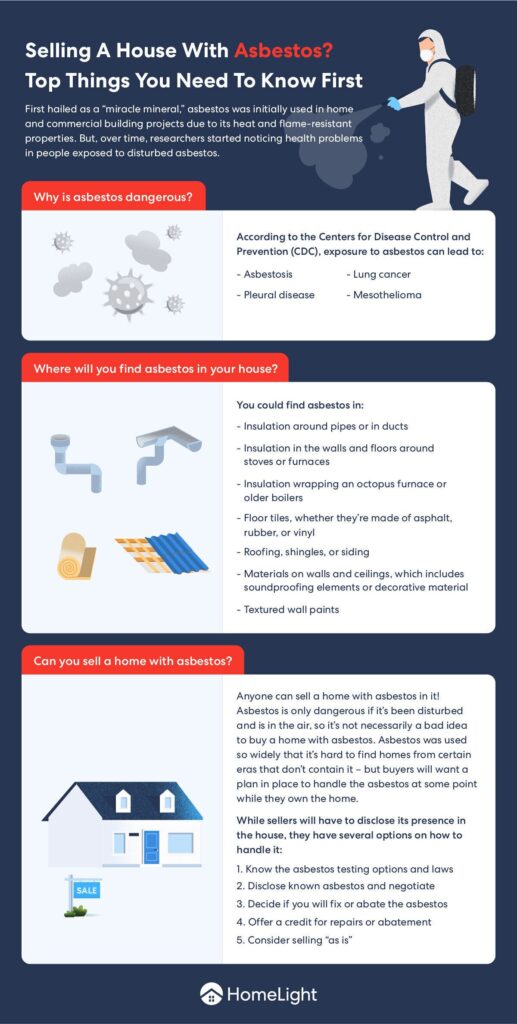

Legal Requirements and Exemptions
Exceptions to Asbestos Disclosure
While disclosure of asbestos is mandatory in most cases, there are a few exceptions. Asbestos disclosure is not required for properties that have been certified as asbestos-free. However, it is important to note that even if a property is certified, it may still be subject to inspection and testing during the sale process.
Exemptions based on Property Age
Properties that were constructed after the use of asbestos was banned in building materials may be exempt from asbestos disclosure. However, it is crucial to confirm the age of the property and consult with legal professionals or real estate experts to determine if an exemption applies.
Potential Penalties for Non-Compliance
Non-compliance with asbestos disclosure laws can result in severe penalties. Sellers who fail to disclose the presence of asbestos or provide false information may face legal actions, fines, or even imprisonment. It is essential to take these requirements seriously to protect both buyers and sellers in real estate transactions.
Seller’s Responsibilities
Informing Potential Buyers About Asbestos
As a seller, it is your responsibility to inform potential buyers about the presence of asbestos and provide them with accurate information. Transparency and honesty are key in building trust and ensuring that buyers can make informed decisions regarding their safety and investment.
Answering Buyer’s Questions Truthfully
During the sale process, buyers may have questions or concerns about asbestos in the property. It is vital to answer these questions truthfully and to the best of your knowledge. If there are uncertainties, it is advisable to seek professional advice or direct the buyer to consult with experts in asbestos assessment and remediation.
Avoiding Misrepresentations or Fraud
Misrepresenting or concealing the presence of asbestos can lead to serious legal consequences. It is important to disclose all relevant information accurately and refrain from misleading buyers. Full transparency and adherence to the law not only protect you legally but also promote ethical practices in real estate transactions.


Buyer’s Rights and Due Diligence
Conducting Independent Asbestos Assessments
As a potential buyer, it is important to exercise due diligence before finalizing a property purchase. This includes conducting independent asbestos assessments to verify the seller’s disclosures. Hiring a certified asbestos inspector can help ensure that the information provided by the seller is accurate and can provide you with peace of mind regarding the property’s safety.
Requesting Information from Sellers
Buyers have the right to request information from sellers regarding asbestos, including any documentation or records related to asbestos assessment or remediation. Requesting this information is an integral part of conducting due diligence and making an informed decision about the property.
Seeking Professional Advice if Uncertain
If you are uncertain about the potential risks associated with asbestos in a property, it is advisable to seek professional advice. Experts in the field can provide guidance and recommendations based on the specific circumstances of the property in question. Consulting with professionals can help you make a well-informed decision regarding the purchase.
Dealing with Asbestos Contamination
Negotiating Asbestos Remediation Costs
If a property is found to have asbestos contamination, buyers and sellers may need to negotiate the responsibility and costs of remediation. It is important to consider the impact of asbestos removal on the property value and factor in the associated expenses when negotiating the terms of the sale.
Understanding Property Value Impact
The presence of asbestos in a property can impact its value. Buyers need to carefully consider the potential costs of remediation and any associated health risks when determining the value they are willing to offer for the property. Sellers, on the other hand, should be aware that potential buyers may request price adjustments or repairs if asbestos contamination is identified.
Exploring Financing and Insurance Options
Financing and insurance options may be impacted by the presence of asbestos in a property. Lenders and insurance companies may require additional documentation, inspections, or even remediation before providing financing or coverage. It is important for buyers and sellers to explore these options and understand any potential implications.


Transparency and Buyer-Seller Relations
Building Trust with Full Disclosure
Transparency is crucial in buyer-seller relationships, especially when it comes to disclosing the presence of asbestos. By providing open and honest information about asbestos, sellers can build trust and foster positive relationships with potential buyers. This transparency demonstrates your commitment to their safety and ensures that they can make informed decisions.
Negotiating Repairs or Price Adjustments
In the event that asbestos is detected, negotiation becomes an important aspect of the buyer-seller relationship. Buyers may request repairs or price adjustments to account for the potential costs of asbestos remediation. Sellers, on the other hand, may need to consider these requests while aiming for a fair and mutually beneficial outcome.
Importance of Professional Mediation or Legal Advice
In cases where negotiations become challenging, professional mediation or legal advice can be valuable resources. Mediators can help facilitate discussions and find common ground between buyers and sellers. Legal professionals specializing in real estate can provide guidance and ensure that the rights and responsibilities of all parties involved are protected.
Asbestos Disclosure in Real Estate Transactions
Balancing Legal Obligations and Ethical Considerations
Asbestos disclosure in real estate transactions requires finding a balance between legal obligations and ethical considerations. While fulfilling the legal requirement to disclose, it is important to also consider the potential health risks for prospective buyers. Providing accurate information allows buyers to make informed decisions while ensuring compliance with the law.
Educating Buyers about Asbestos Risks
Part of the disclosure process involves educating buyers about the risks associated with asbestos. This includes informing them about the potential health effects of exposure and the importance of proper handling or removal of ACMs. Educating buyers empowers them to take necessary precautions and make sound decisions regarding the property.
Ensuring Safe and Informed Decisions
Ultimately, the goal of asbestos disclosure is to ensure that buyers can make safe and informed decisions about their potential investment. By providing comprehensive and accurate information about the presence of asbestos, sellers contribute to a transparent real estate market and help protect the health and well-being of buyers.
In conclusion, disclosing asbestos in New York is a legal requirement that sellers must fulfill when selling a house. Asbestos inspection and testing, gathering relevant documentation, and consulting with real estate professionals are crucial steps in preparing for disclosure. Sellers must provide mandatory disclosures, complete the Residential Real Property Disclosure Form, and include asbestos-related statements in the sales contract. Failure to comply with asbestos disclosure laws can lead to penalties and legal consequences. Buyers have the right to conduct independent asbestos assessments and request information from sellers to ensure transparency and make informed decisions. Dealing with asbestos contamination may involve negotiating remediation costs and considering the impact on property value. Throughout the disclosure process, building trust and promoting transparency are essential for maintaining positive buyer-seller relationships. By balancing legal obligations and ethical considerations, both sellers and buyers can prioritize safety and make well-informed decisions.


